The press release that Nguoi Lao Dong Newspaper received from WHO on the morning of May 16 (Vietnam time) clearly stated: "WHO recommends not using sweeteners to replace sugar for weight control."
The new WHO guidance is based on a systematic review of the use of NSS, also known as artificial sweeteners or “diet sugar” in common parlance for sweeteners that are not real sugars and do not contain carbohydrates.

Eating too many sweets, regardless of whether they are sweetened with natural sugar or artificial sweeteners under the name of "diet sugar", is harmful to health, according to WHO (Illustration photo from the Internet)
WHO emphasizes that NSS should not be used to control body weight or reduce the risk of non-communicable diseases, a harmful misconception that many people have.
The overall results from the WHO large-scale review also suggest that there may be potential adverse effects from long-term use of NSS, such as increased risk of type 2 diabetes, cardiovascular disease and death in adults.
"Replacing free sugars with NSS does not help with long-term weight control. They are not an essential part of the diet and have no nutritional value. People should consider other ways to reduce their intake of free sugars, such as consuming foods with naturally occurring sugars, such as fruit, or sugar-free foods and drinks," said Francesco Branca, WHO Director of Nutrition and Food Safety.
The recommendation applies to everyone except people with pre-existing diabetes. The NSS included in the recommendation includes all synthetic and natural or modified non-nutritive sweeteners.
Common NSS include acesulfame K, aspartame, advantame, cyclamate, neotame, saccharin, sucralose, stevia and stevia derivatives.
The recommendation does not apply to personal care and hygiene products containing NSS, such as toothpastes, skin creams and medicines, or low-calorie sugars and sugar alcohols (polyols), which are sugars or sugar derivatives that contain calories and are therefore not considered NSS.
This is a conditional recommendation, with member states being asked to follow WHO processes to develop guidance based on specific discussions and contexts in each country and territory.
The WHO NSS guidelines are part of a suite of current and upcoming guidelines on healthy eating aimed at establishing lifelong healthy eating habits, improving diet quality and reducing the risk of noncommunicable diseases worldwide .
Many studies around the world in the past few years have shown the mechanisms that make sugar substitutes counterproductive when abused.
For example, a study of more than 5,100 people by the University of South Australia, published in Current Atherosclerosis Reports in 2019, found that these sweeteners did not help with weight loss and increased the risk of type 2 diabetes because their gut bacteria had changed in an unfavorable direction, and at the same time, these people were eating and drinking too much unhealthy foods because they always thought that consuming a lot of diet drinks would not cause weight gain or disease.
With the same amount of sweets, people who use real sugar reduce their risk of diabetes by 7% compared to people who use alternative sweeteners.
Another study published in 2018, led by the Medical College of Wisconsin (USA), showed that after only 3 weeks of using an alternative sweetener, mice showed alarming changes in their biochemistry, fat and amino acid metabolism, leading to an increased risk of diabetes and obesity. This research group also recommends that healthy eating should be about reducing the amount of sweets, not using "firefighting" measures.
Source










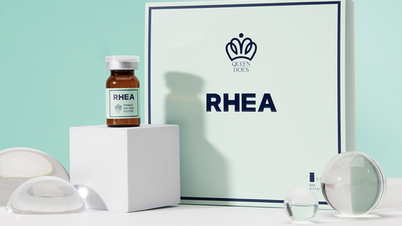

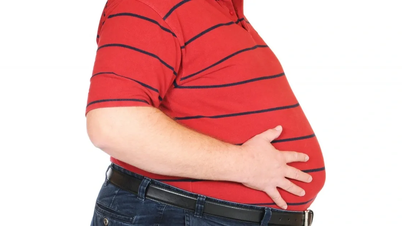
























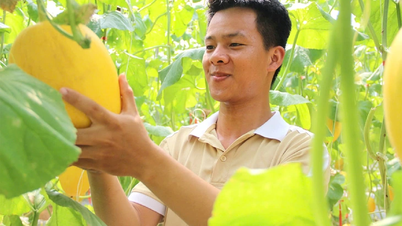












![[Maritime News] Wan Hai Lines invests $150 million to buy 48,000 containers](https://vphoto.vietnam.vn/thumb/402x226/vietnam/resource/IMAGE/2025/6/20/c945a62aff624b4bb5c25e67e9bcc1cb)









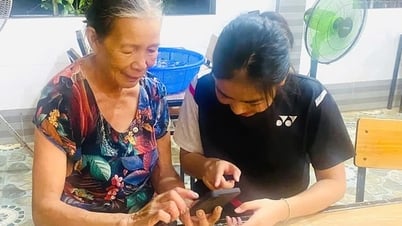




![[Infographic] Party Committee of the Ministry of Culture, Sports and Tourism: Marks of the 2020 - 2025 term](https://vphoto.vietnam.vn/thumb/402x226/vietnam/resource/IMAGE/2025/6/22/058c9f95a9a54fcab13153cddc34435e)






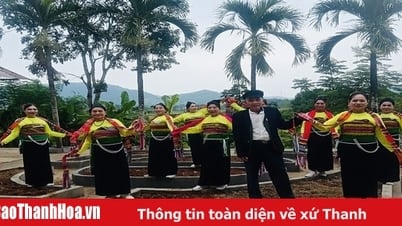



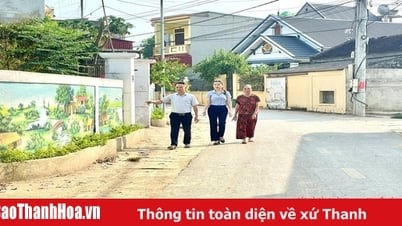
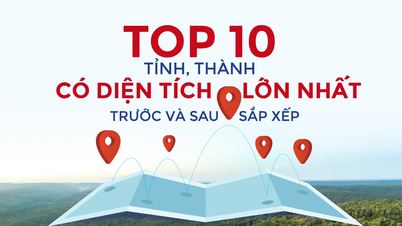











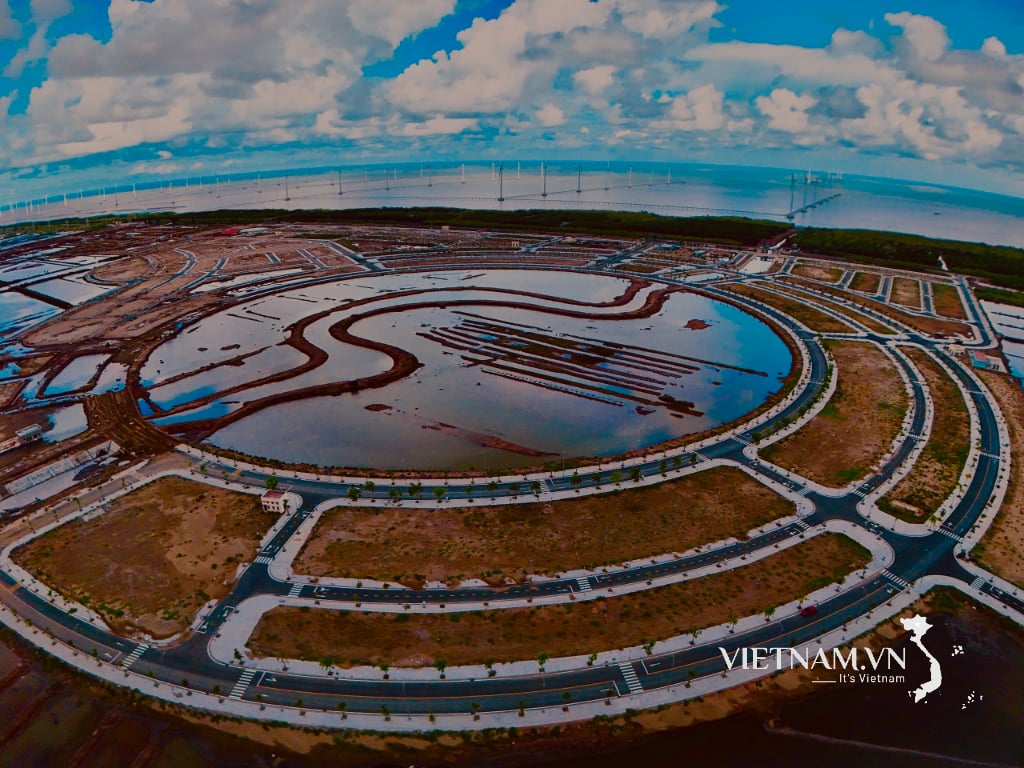

Comment (0)